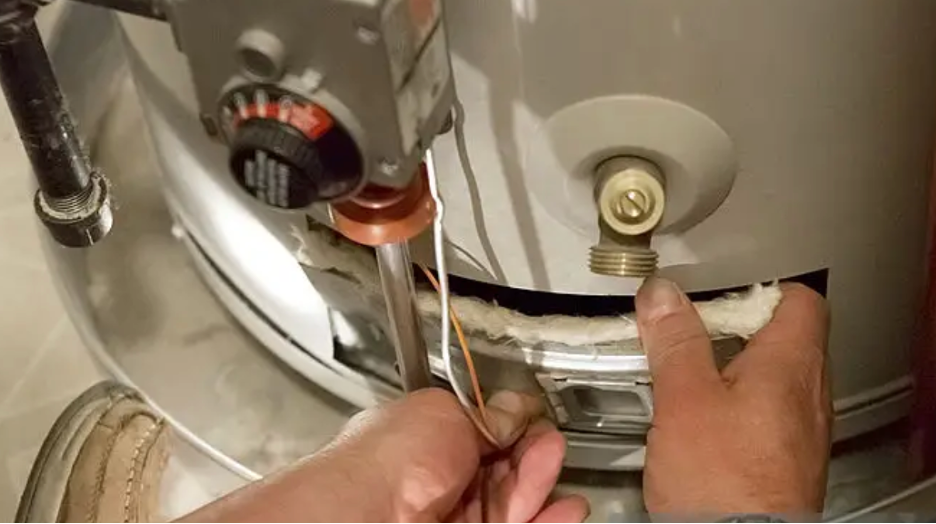If your water heater is not giving you hot water, sediment could be the reason. Over time, minerals in your water settle at the bottom of the tank. It builds up slowly, but the damage can happen fast.
Below, this water heater repair contractor in Glenview, Illinois is going to explain what sediment buildup can do to your water heater over time.
The problem is inside your tank.
Most of the time, sediment is not something you notice immediately. However, the signs usually appear at some point. For example, your water may not be as hot as it used to be, or the hot water may smell or taste off.
As more of it collects, your heater must work harder. The tank overheats, and its components are pushed to their limits. You might hear rattling or knocking sounds during use.
It makes your heater less efficient.
Sediment works like insulation. It blocks heat from reaching the water, which means your system needs more energy to do the same job. As a result, it runs longer and uses more power, which is reflected in higher bills.
Flushing the tank helps. It removes the buildup and allows the system to run as it should. It can also reduce noise and help your heater last longer.
Most homes should flush the tank once a year. It is an essential yearly maintenance task that protects your water heater and helps it run more efficiently over time.
Is it time?
If your hot water seems to come and go, if the tank is noisy, or if your water looks rusty or cloudy, sediment could be the reason. These symptoms usually develop slowly but can get worse if left untreated.
One clear sign is a sulfur-like odor or metallic smell in your hot water. This can indicate bacteria or corrosion inside the tank, which is usually caused by trapped sediment. If your water has a metallic smell or taste, it may indicate that minerals are leaching into the system from within.
If you live in an area with hard water, you might see these issues sooner. That is because the minerals build up faster.
Why does it affect your water heater?
Sediment takes up space in the tank, so there is less room for hot water. You will run out sooner, and you’ll have to wait longer for it to heat up again.
It also causes uneven heating. You might get warm water one second and cold the next. That stop-and-start pattern usually indicates that sediment is obstructing proper heat flow.
Even if the tank seems quiet, it does not mean it is clean. When steam pushes through the sediment, you may hear popping or crackling sounds. Sounds like nothing, but it usually means there is buildup inside. At that point, it is smart to call a professional water heater repair contractor in Glenview, Illinois to flush it out.
Long-term damage adds up.
Sediment does more than make noise or lower your water pressure. It can wear out your heater. When the system works too hard, parts overheat, and seals start to fail. If it goes on too long, the tank can leak and even crack completely.
A water heater should last around 10–12 years with regular care. But if you have had to repair it frequently, or if it is always noisy, sediment might be wearing it out faster than normal.
Skipping regular maintenance, like draining the tank, leads to more issues. You will spend more on repairs, and the heater will not last as long. If you have had the same part break more than once, it is worth checking for hidden damage inside the tank.
What can you do about it?
If your water smells unusual, tastes metallic, fluctuates between hot and cold temperatures, or makes odd noises, there is a good chance sediment is the cause. The fix may be easier than you think.
A water heater repair contractor in Glenview, Illinois can flush the tank, inspect for worn parts, and replace key parts like the anode rod. If your tank is getting old, they can also walk you through whether it makes more sense to repair it or replace it with something new.
Looking for a Water Heater Repair Contractor in Glenview, Illinois?
Are you dealing with sediment buildup in your water heater? Looking for a professional water heater repair contractor in Glenview, Illinois that can perform the necessary repairs? If so, R Carrozza Plumbing Co. is the company to call. Contact us today at (847) 451-7040 to get started.

